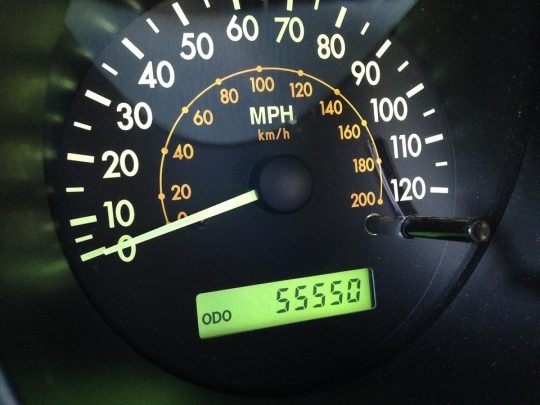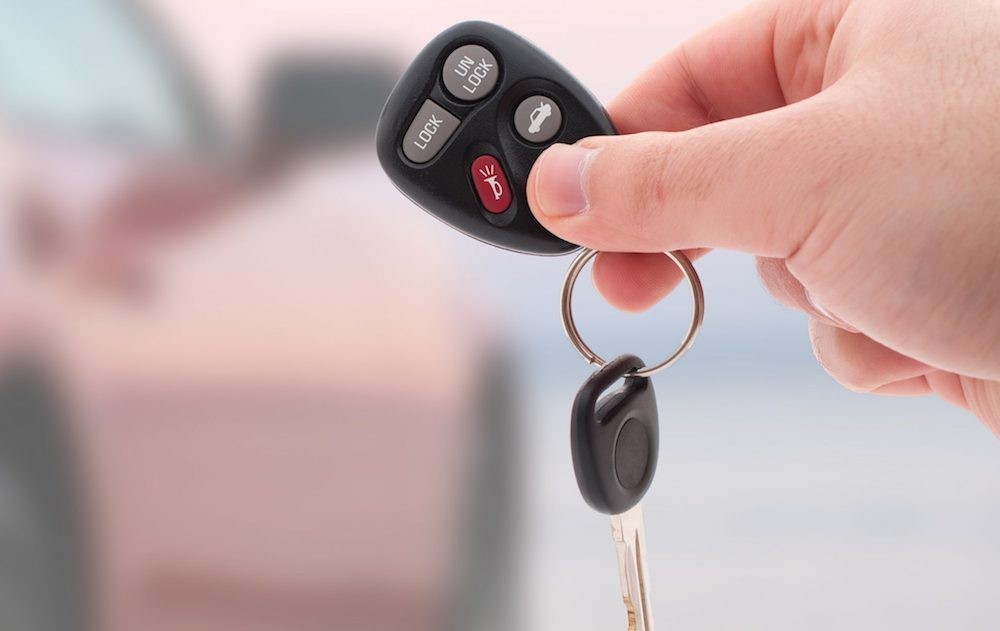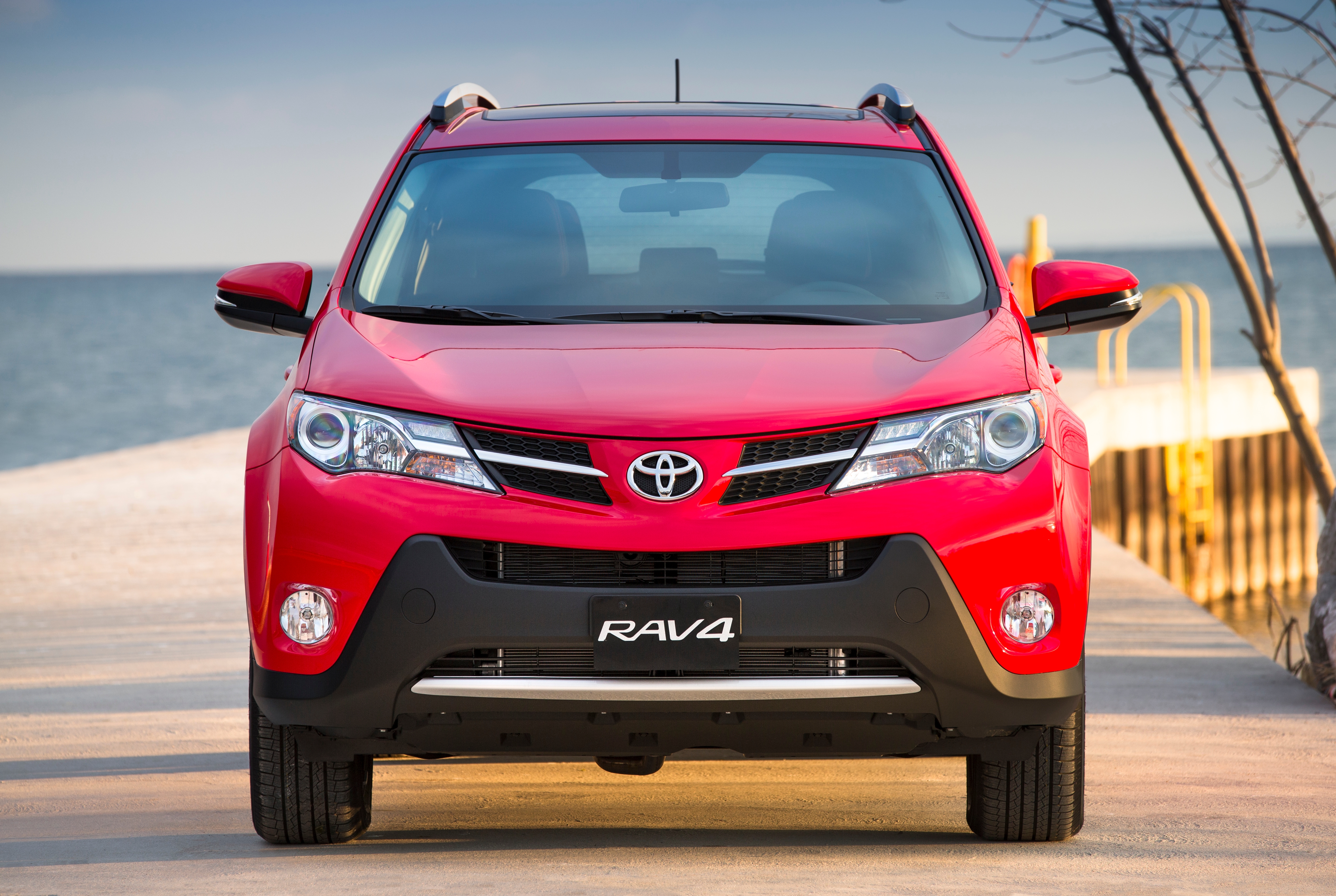For some, acquiring a car is a matter of passion. For others, it's a necessary evil. In either case, there comes a time when the vehicle that serves us reaches the end of its life and needs to be replaced. But when is it a good time to change your car?
If you do it too early, you let go of a car that could have served you for a few more years. If you wait too long, it becomes a financial drain. Here are some tips to see things clearly.
1 — Physical Wear and Tear
Over time, and with the harshness of the winters in the region, some cars tend to endure this more difficultly. After a certain number of years, we see signs of wear and tear such as rust. Obvious signs of this nature are easy to detect, but beware, it's the wear under the vehicle that is important to know. For example, is the chassis attacked by corrosion? Is the condition of certain parts that make up the chassis potentially dangerous for your safety?
If you feel that your vehicle doesn't look good anymore, don't hesitate to have it examined by an expert who can give you an accurate assessment.
2 — Succession of Problems
During the lifecycle of a car, it's quite normal to replace many parts such as shock absorbers, mufflers, brakes, etc. This isn't how we define a succession of problems. A series of mishaps includes troubles experienced with a multitude of components of the car, as if the car were saying to us, "I've had enough." Starting problems, computer issues, engine operation (cylinder compression), oil consumption, fluid leaks, etc.
Sometimes, you just need to be attentive.
3 — Too Many Repair Costs
If you've ever kept a vehicle for a long period, you'll recognize yourself here. There comes a time in a vehicle's life when its value no longer justifies the amounts we invest in it. After 10 years, for example, a Honda Civic with 300,000 km on the odometer is worth only about $2000. In this context, is it worth investing the same amount, or even more, just to keep it alive without knowing when it will demand more greenbacks from us?
There's a balance here, as the occasional repair of a used car remains more economical than buying a new one. However, a point of no return is always reached, and that's when you need to know when to pull the plug.
4 — Mileage

Today's cars are more durable and resilient than ever. It's not uncommon to see vehicles reach 300,000 or 400,000 kilometers. With proper maintenance, you can even go beyond that. In Quebec, sometimes it's the bodywork that gives out first. However, you need to have a sense for it. If you have a car that's about a dozen years old and you surpass the 300,000-kilometer mark without too many major repairs, it may be time to think about replacing it. Otherwise, you risk getting caught in the spiral explained in the fourth point. Fixing up an old car occasionally is one thing; breaking the bank to keep an old car on the road is counterproductive.
5 — Simply Wanting to Change Cars
Finally, at certain times in life, you shouldn't overthink it. If you're tired of driving the same car or if you no longer like it, it's a sign that it's time to change.
At Groupe Beaucage, whatever situation you're in, we're here to find a solution that suits your needs.
To stay up-to-date with automotive news and to discover our road tests, follow AutoPassion on YouTube!





.jpg)